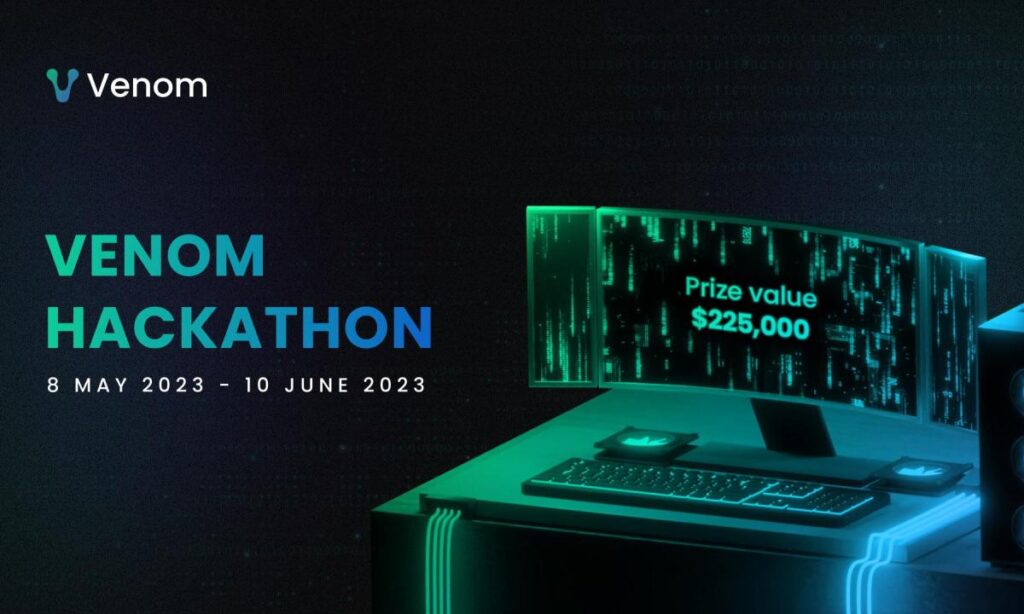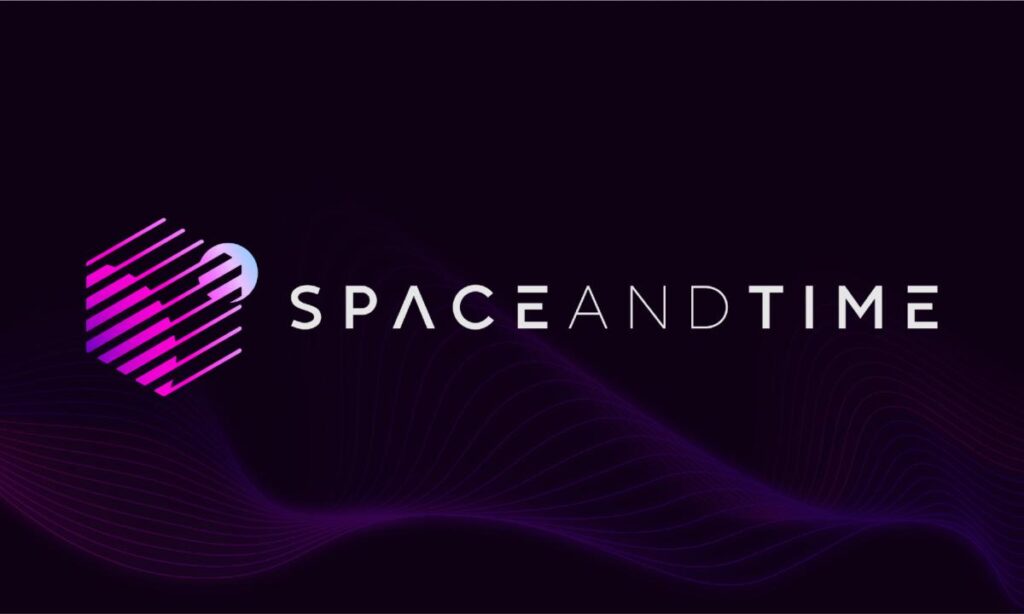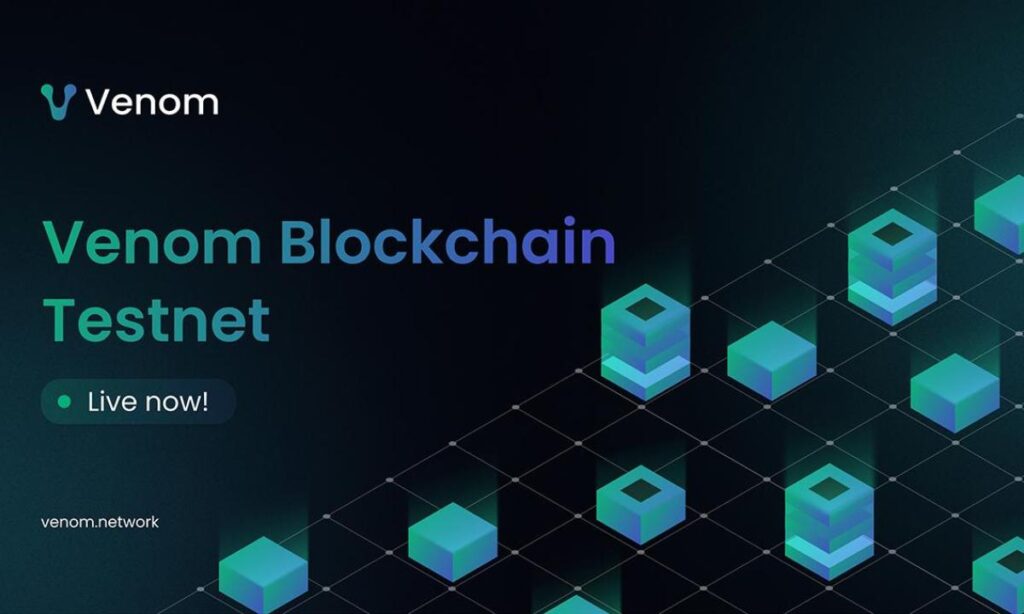A JPMorgan executive has recently suggested that the crisis faced by First Republic Bank may not be an isolated incident, pointing towards a potential pattern of similar issues within the banking sector.
This statement comes after First Republic Bank faced significant challenges, prompting further analysis of the industry as a whole.
The JPMorgan executive noted that the problems faced by First Republic Bank might be indicative of larger, systemic issues within the financial sector, particularly among smaller banks.
First Republic’s crisis has sparked discussions on the importance of robust risk management strategies and adherence to regulatory frameworks, particularly in light of emerging technologies and evolving market conditions.
The bank’s difficulties serve as a reminder of the potential consequences of weak governance and inadequate oversight, emphasizing the need for continuous improvement in these areas across the industry.
As financial institutions navigate the complex and rapidly changing financial landscape, the concerns raised by the JPMorgan executive underscore the importance of collaboration between regulators, banks, and other stakeholders to ensure stability and resilience within the sector.
This proactive approach can help prevent further crises and safeguard consumer confidence in the financial system.










